Last day in my series this week covering the UNESCO document, Culture in crisis: Policy guide for a resilient creative sector. Big thanks again to Rainer Glaap for calling attention to it. As much as I try to keep an eye on international culture developments, Rainer is much more plugged in than I am. I definitely benefit from his multi-lingual fluency.
The last section of the UNESCO policy guide, Enhancing the competitiveness of cultural and creative industries, is couched in much broader terms than the previous sections. This is largely because it is focused on assessing what the next normal post-Covid will be and creating policies to support training and development of cultural & creative entities to operate in that unknown environment.
The subsections here are: Participatory needs assessment and feasibility studies; Adapting business models; promoting national content; tax incentives for foreign investment.
The needs assessment section advocates needs assessment and feasibility studies to see what will help the creative sector. They advise taking the time to clearly understand needs, but don’t make perfect the enemy of the good and delay implementing the first phases of needed relief until the most complete study had been made.
Adapting business models is an area that is familiar to anyone who has participated in the digital delivery vs. live experience debate. The document says the old models will no longer be valid so work needs to be done to understand, implement and support the new models. While there is a suggestion that the next normal will involve digital, it also allows that this may not ultimately be what emerges as a dominant practice.
Indeed in a recent podcast interview Drew McManus did with Scott Silberstein and Mark Larson, it was noted that when TV first became a new medium, people didn’t understand its full potential and were basically doing radio shows on TV.
In previous entries, I hadn’t really called attention to the good practices portion of each section where they list what different countries are doing as examples of what is being proposed. However, I did want to call attention to the partnership between Mexico City and Buenos Aires mentioned here. If two cities in two different countries can partner to provide content to their respective audiences, there is definitely an opportunity for cities in different states within a country like the US, (or provinces/territories in Canada, etc) to work together to illuminate the value of the resources in their cities:
The Culture Secretariat of Mexico City, Mexico and the Ministry of Culture of the City of Buenos Aires, Argentina agreed, in April 2020, to combine their digital information and dissemination platforms to present the diverse artistic and cultural expressions of both countries to wider audiences, using the most modern technological means. Thanks to this agreement, the Mexican platform “Capital Cultural en Nuestra Casa” (Capital of Culture at Home) and the Argentine platform “Cultura en Casa” (Culture at Home) offer a wide variety of programs that are part of the cultural life of both cities.
The Promoting national content section of the guide seems focused on emphasizing the value of domestic content over that of international content. I suspect that the international content they have in mind originate from pop culture producers like the U.S. At the same time, I don’t think I am alone in feeling the U.S. government does a poorer job of promoting its non-movie/television/streaming creative content both domestically and internationally so this is definitely a tip to be embraced all around the world.
On the other hand, the last section of the guide, Tax incentives for foreign investment, pretty much promotes the use of tax credits to attract foreign film and television production to different countries.
In any case, these three entries have been a significant summary of the content of this document. If anything written in the first or second entries catches your attention, take the time to do a deeper dive.

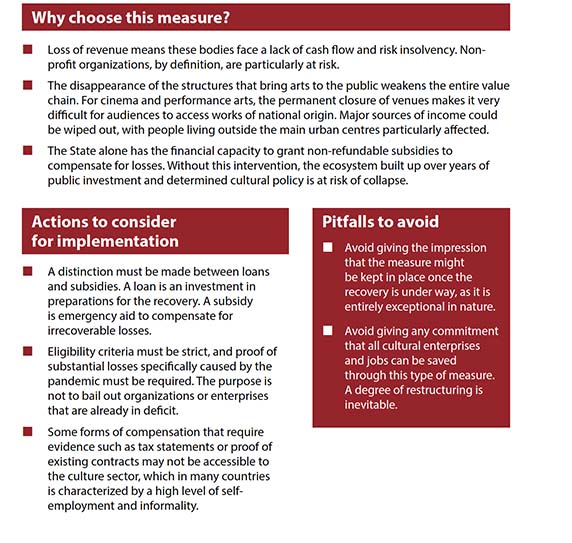
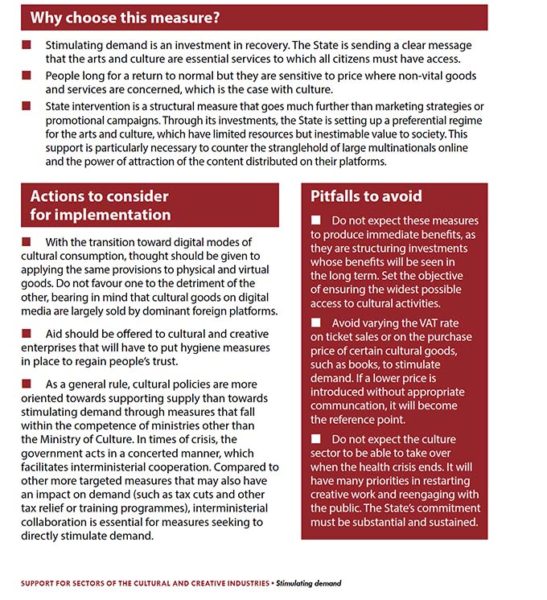
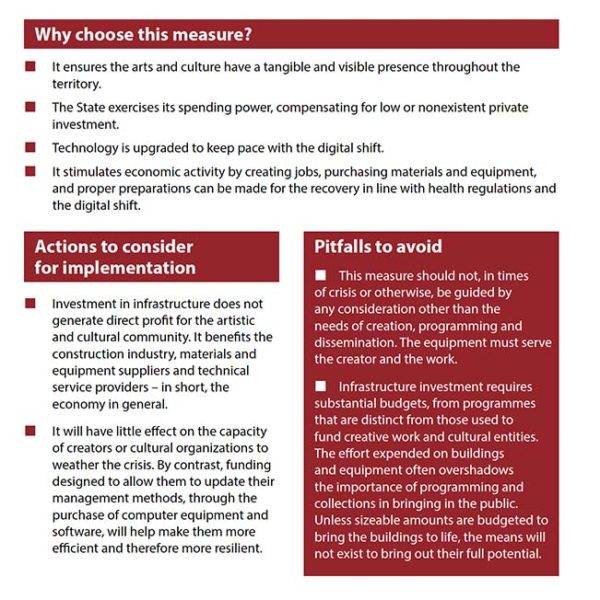
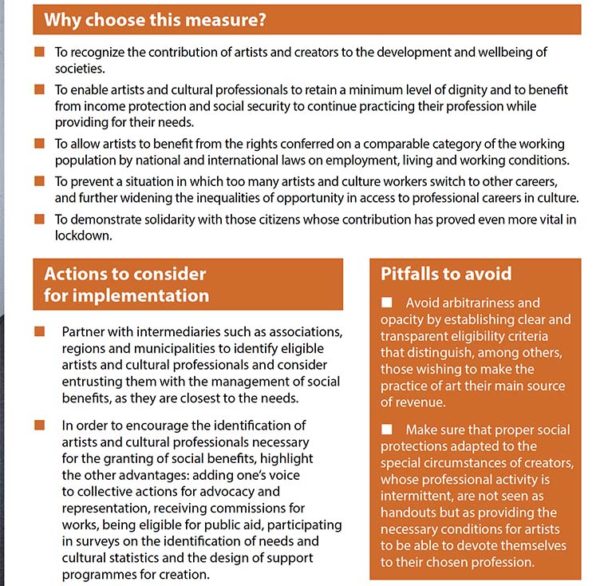
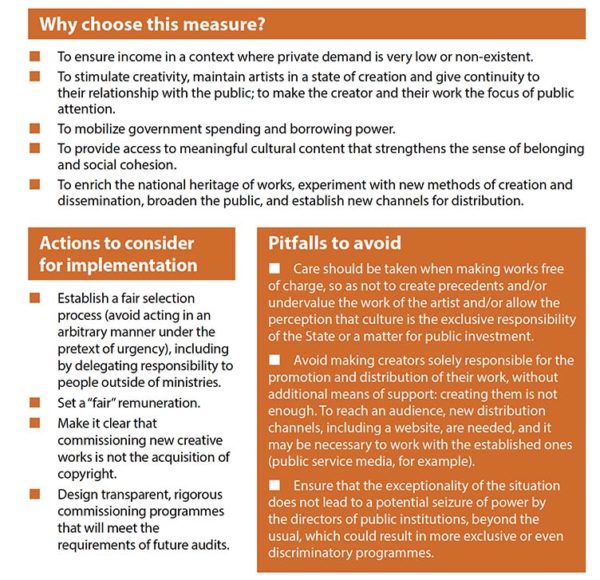
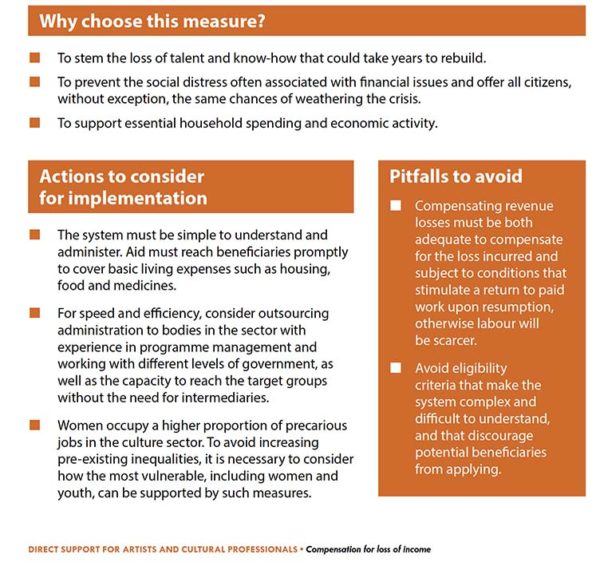
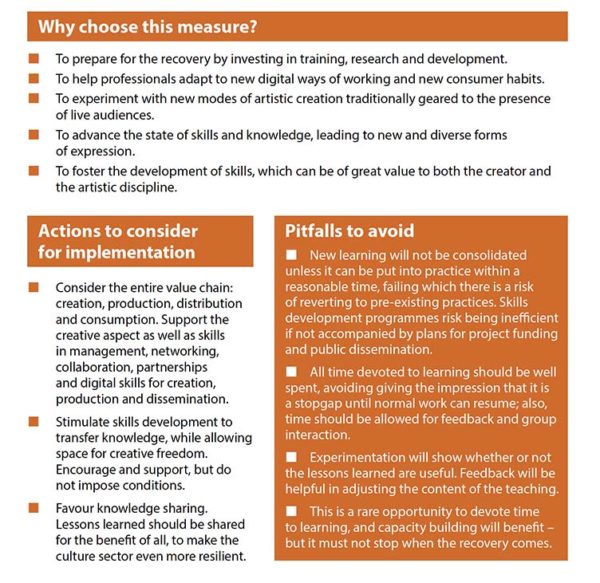

Thanks for what you are doing to bring cultural change to the arts. It is so important to represent everyone.…